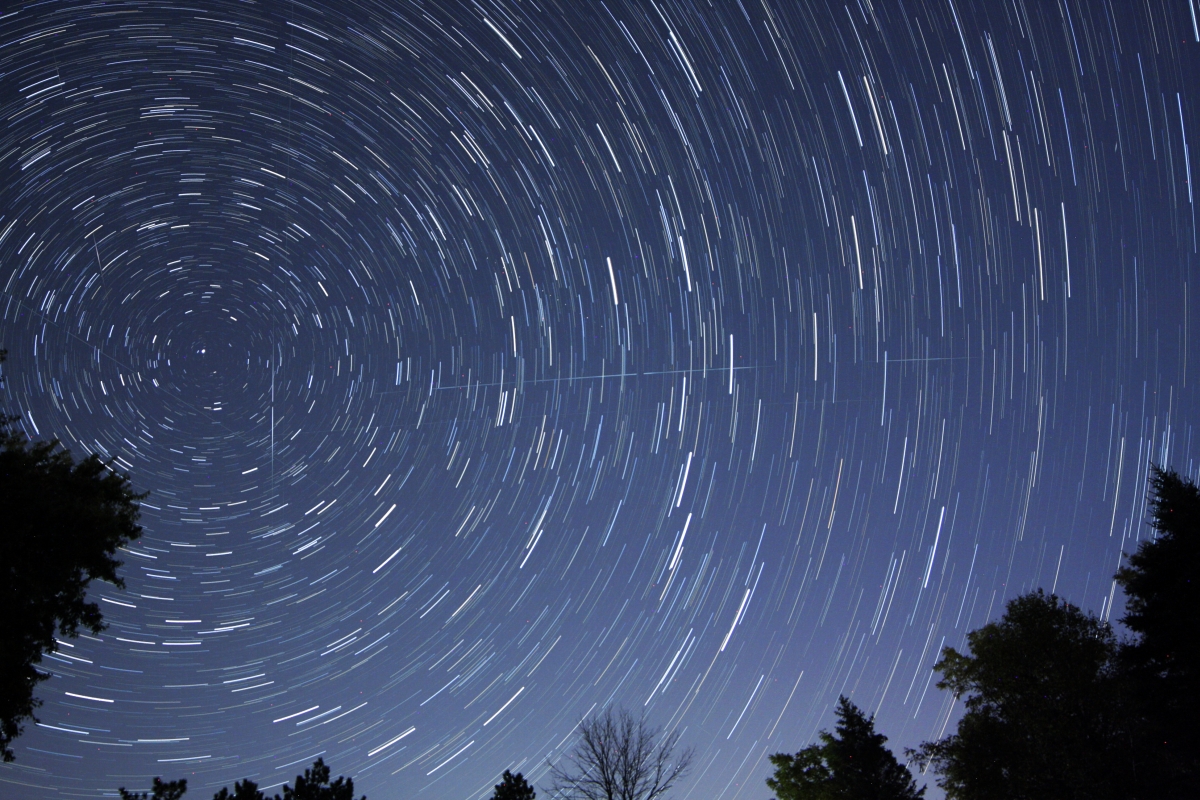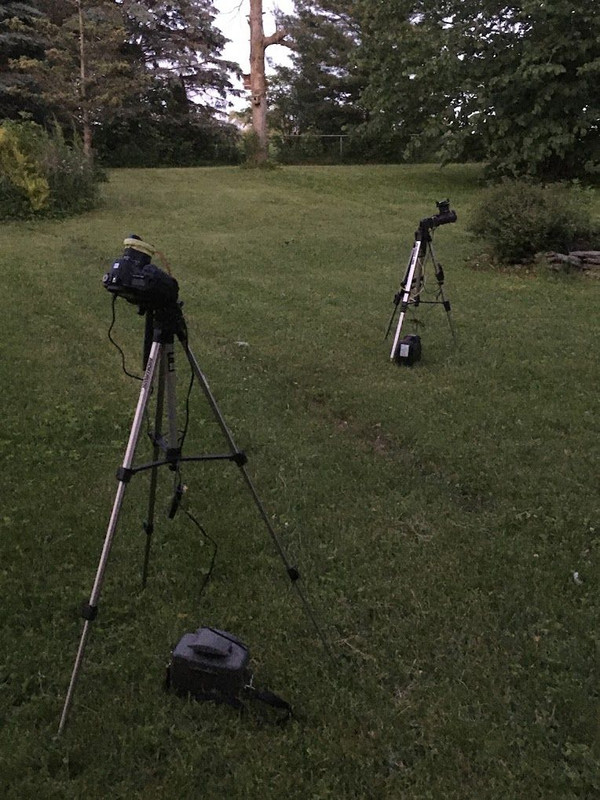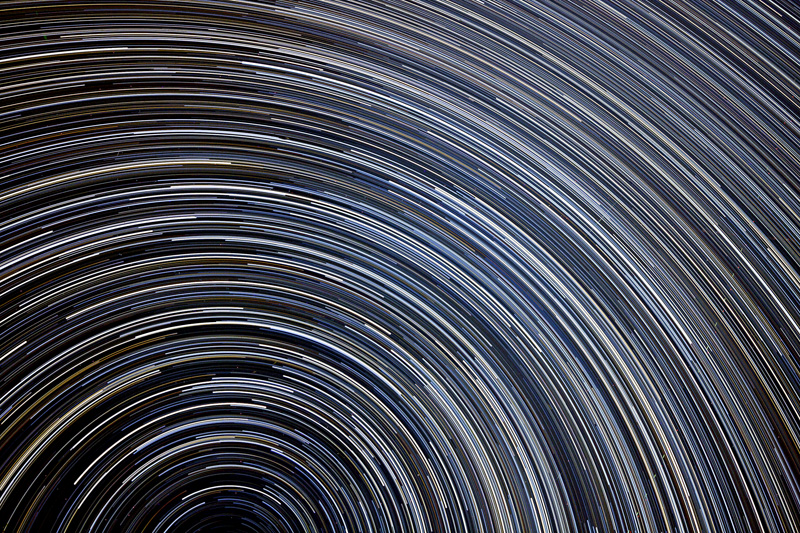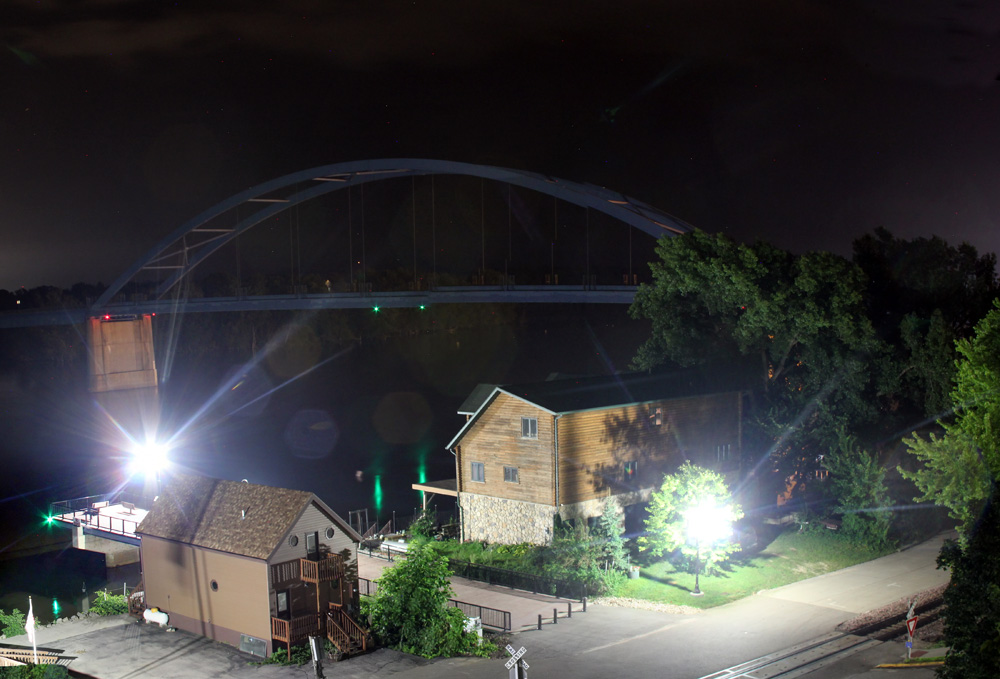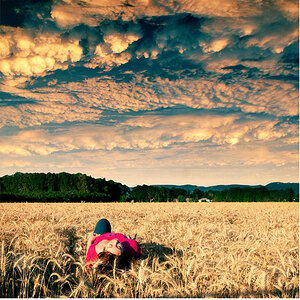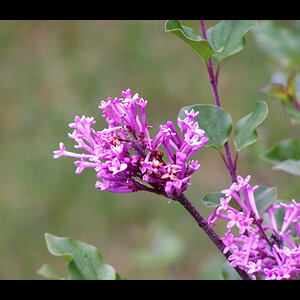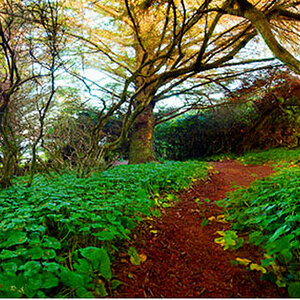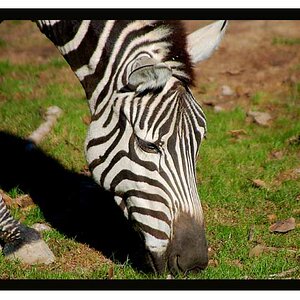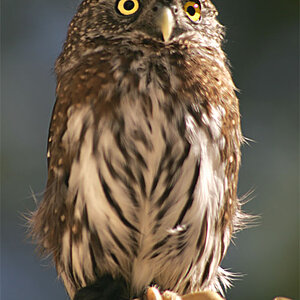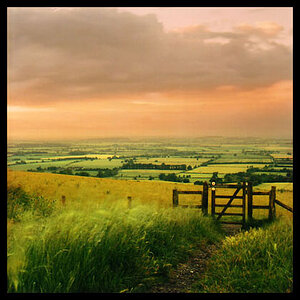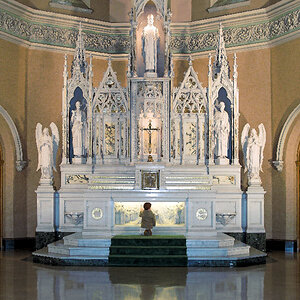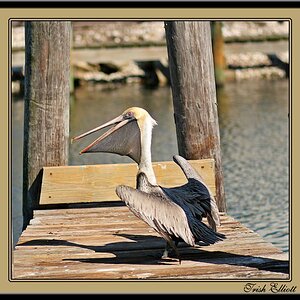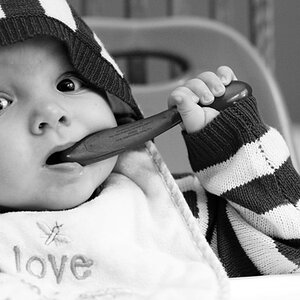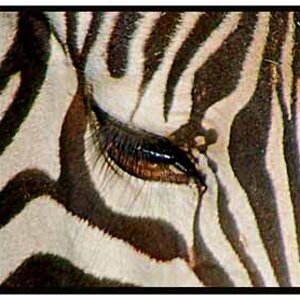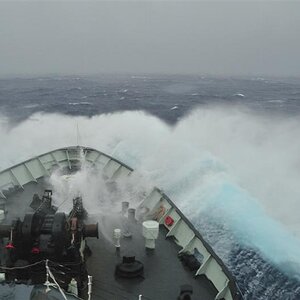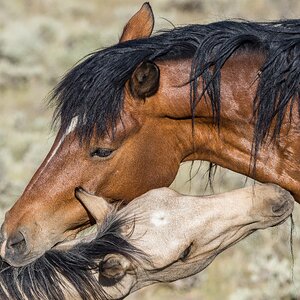Grandpa Ron
Been spending a lot of time on here!
- Joined
- Aug 9, 2018
- Messages
- 1,155
- Reaction score
- 700
- Can others edit my Photos
- Photos OK to edit
After an annoyingly long period of cloudy nights, the clouds parted. Unfortunately, sky glow has encroached on my once rural area. Just to see the impact, I set up on the North Star. As you can see, there was way to much light scatter in the air. I also was trying 400 ISO film.
The next night I turned the camera up towards a darker parts of the sky. Still to low to avoid sky glow, but it is interesting to see what crosses the field of view in three hours.
I used 400 ISO film to catch the weaker star light but it also capture the sky glow. My next objective is to find a dark skies area nearby.
Arista EDU 400
4x5 film format
127 mm lens
3 hour exposure


The next night I turned the camera up towards a darker parts of the sky. Still to low to avoid sky glow, but it is interesting to see what crosses the field of view in three hours.
I used 400 ISO film to catch the weaker star light but it also capture the sky glow. My next objective is to find a dark skies area nearby.
Arista EDU 400
4x5 film format
127 mm lens
3 hour exposure


